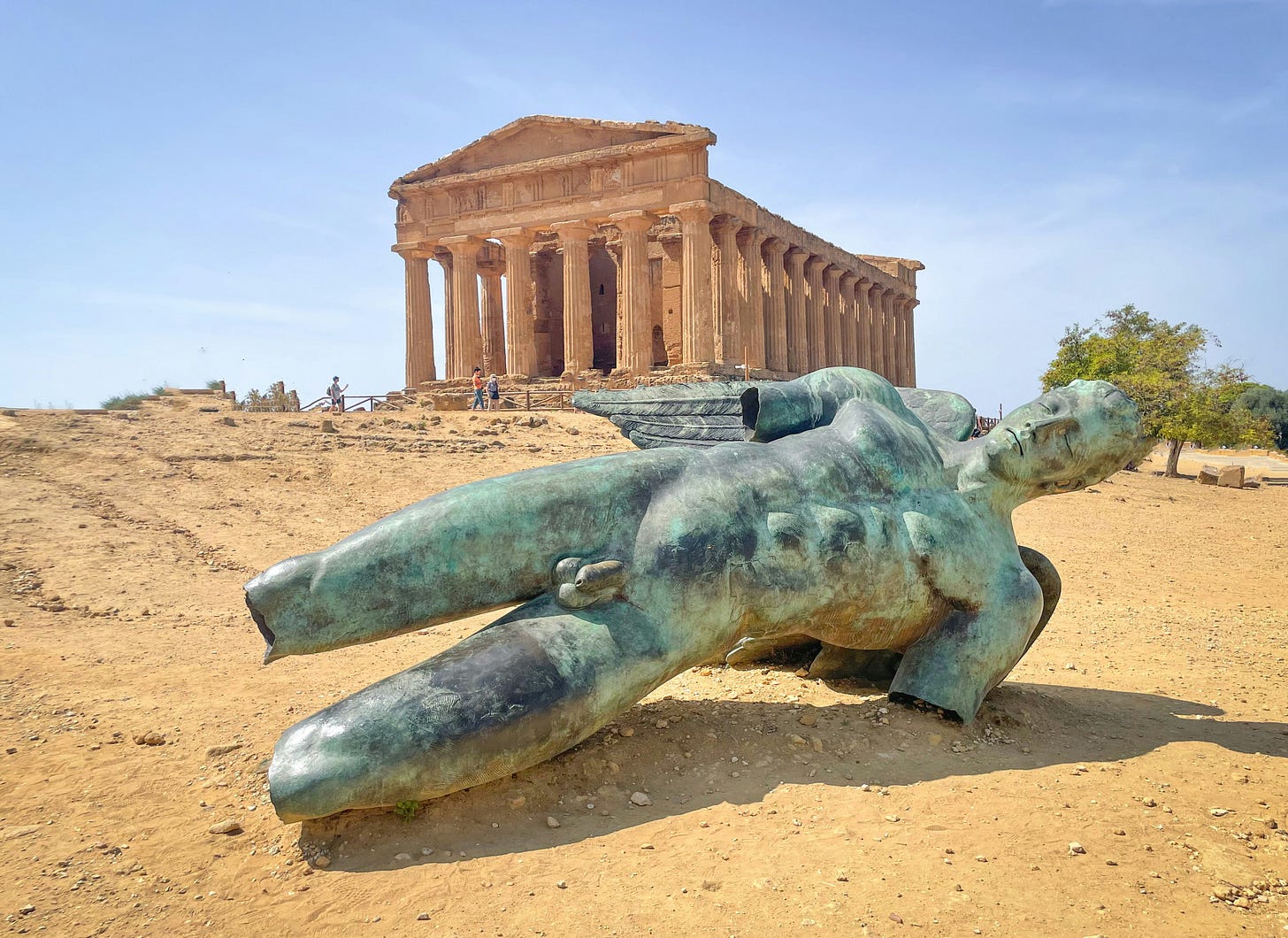Greek Renaissance, a reminder for Italy
Rinascimento greco, promemoria per l’Italia
Da destinazione stagionale a piattaforma annuale di ospitalità e lavoro remoto. Possiamo farlo anche noi?
Stavo leggendo questo articolo—una promozione della Grecia come destinazione di lavoro remoto per destagionalizzare i flussi turistici e arricchire il Paese: James Matthews, “GREEK Renaissance”, Abode21, Settembre 2025 (con riferimento a Enterprise G…



